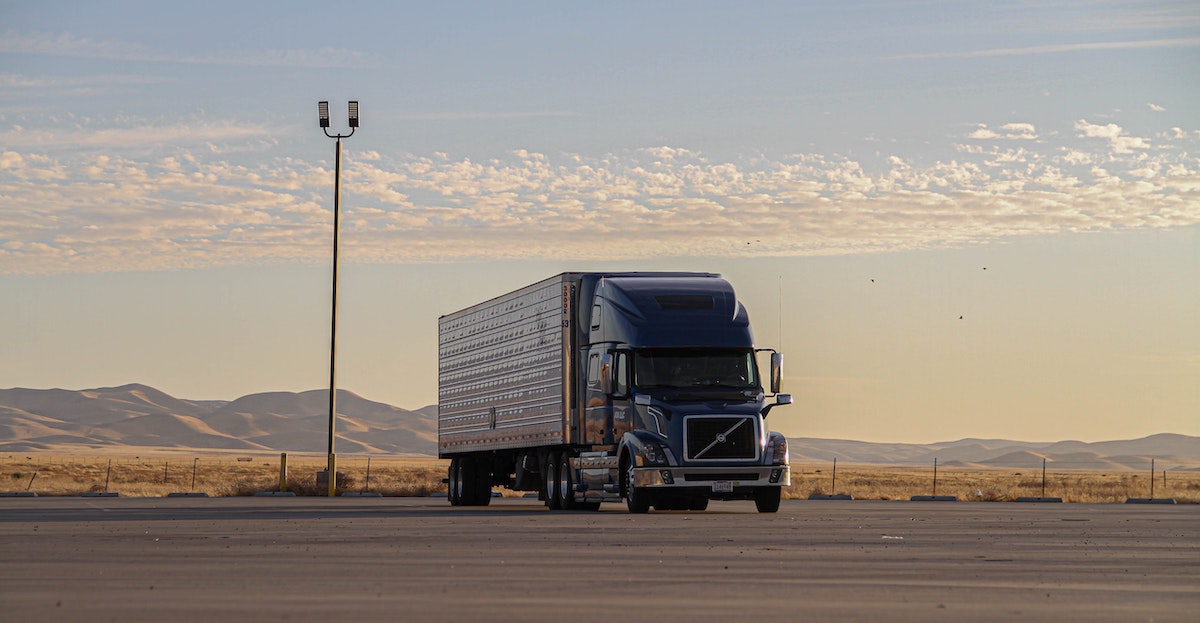6 Factors To Consider When Choosing Insurance For Your Truck
Trucks are an important and expensive asset, which is why it’s crucial to get the right insurance coverage. Without the right coverage, you could be stuck paying out of pocket for repairs, or even face a lawsuit if someone gets injured while using your truck. But with so many options available, how do you know which one is best for you? We’ll discuss 6 factors to consider when choosing insurance for your truck. We’ll look at who needs coverage, what types of policies are available, and what kind of discounts may be offered by different providers.
1. Who Needs Coverage?
The first factor to consider when selecting an insurance policy is who needs coverage. If you own a commercial truck, your primary driver should be insured. Additionally, it’s important to consider any employees or contractors who might be using the vehicle on your behalf. In some cases, such as with delivery services, additional riders may need to be covered as well. If you want to see what an insurance company covers, click here and make sure everyone in your small business is covered. You may want to consider purchasing a “non-owned auto” policy, which covers any driver of your truck. And if you’re using a rental vehicle, be sure to check with the rental company and see if they require additional coverage.
2. Types Of Policies Available
There are several types of auto insurance policies available to truck owners and drivers. The most common type of policy is a liability policy which covers damages caused by the insured person in an accident that resulted from their negligence or recklessness. You can also buy collision insurance which pays for repairs on your truck if it’s damaged in an accident, regardless of fault. And comprehensive insurance covers damages caused by natural disasters, theft, and other accidents that don’t involve another vehicle. For example, if your truck is damaged by a falling tree branch or if it’s stolen, comprehensive insurance will cover the costs.
3. Discounts
When looking for auto insurance for your truck, be sure to ask about any discounts that might be available. Many providers offer discounts based on the type of policy you choose or the number of vehicles insured with them. You may also find discounts for good driving records, low mileage, multi-policy bundles (grouping multiple policies together under one provider), or safe driver programs. This is why it’s important to shop around and compare different providers; you might find a better deal on a policy with one company than another.
4. Deductibles
Another important factor when choosing an insurance policy is the deductible amount. The deductible is the amount of money you’ll have to pay out-of-pocket before your insurance kicks in. A higher deductible may result in lower premiums, but it also means that if you do need to make a claim, it could be more expensive for you. Think about how much risk you are willing and able to take before deciding on a deductible amount. Additionally, some insurance companies offer deductible waivers, which could be beneficial depending on your situation.
5. Coverage Limits
When selecting auto insurance for your truck, consider what kind of coverage limits you need. Coverage limits are the maximum amount your policy will pay out in case of an accident or other covered event. You can choose between four main types of coverage: bodily injury, property damage, medical payments, and uninsured/underinsured motorist coverage. Make sure to select a limit that is appropriate for your situation and if you’re driving a particularly expensive truck, for example, you may want to have higher coverage limits than someone driving an older model.
6. Add-Ons
It’s important to consider any optional add-ons that may be available with your insurance policy. These add-ons could include roadside assistance, rental car reimbursement, or even gap insurance which covers the difference between what you owe on the truck and its current value if it’s totaled in an accident. Although these options can add to the cost of your insurance policy, they could provide much-needed peace of mind and additional protection if something were to happen. And some providers may even offer discounts for certain add-ons, so it’s always worth checking.

Auto insurance is an important part of owning a truck. When selecting an insurance policy, be sure to consider the types of policies available, possible discounts, coverage limits, and any additional add-ons that may be offered. Doing so will help you find the right policy at the right price for your needs. And remember, it’s always a good idea to compare providers and policies to be sure you’re getting the best coverage for your money.
Updated July 24, 2023